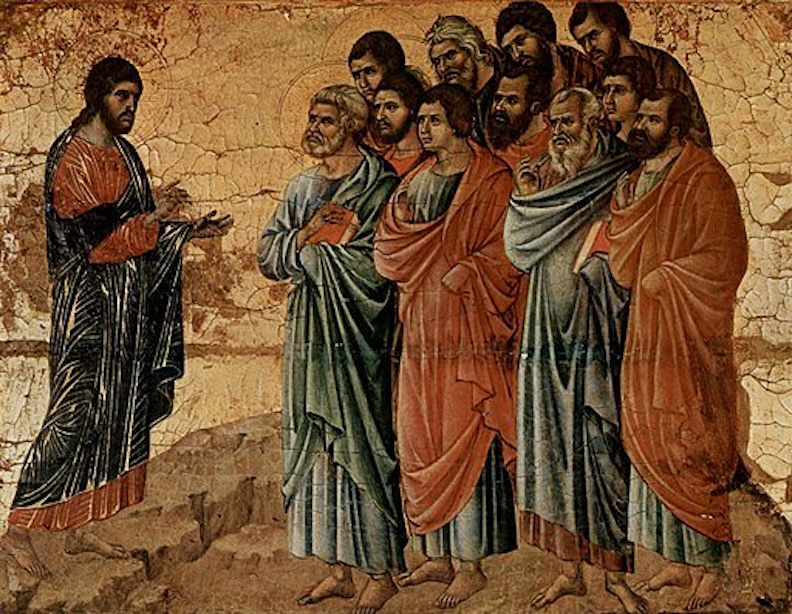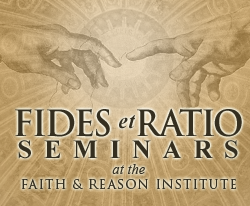The Time of the Gentiles
In the events just commemorated over the Easter Triduum, Jesus “conquered sin and death,” told us that He has “overcome the world,” and opened the way to eternal life. Yet a serious question arises, not only for unbelievers but for Christians: Has there been some mistake? Our world and individual lives seem – to an average eye – as troubled as ever. Many have suffered and died, justly and unjustly, in the 2,000 years since the Resurrection. We’re tempted to say with Jeremiah, “The harvest is past, the summer has ended, and we are not saved.” (8:20)
But no mistake, of course. It’s just that, as with much about God, there’s a gap between our expectations and His acts.
Some early Christians expected Jesus’ early return and – like us – an end to all the human misery since the unfortunate events in the Garden of Eden. But as Pope Benedict XVI noticed in his magisterial Jesus of Nazareth, Luke’s Gospel projects a different future: “They will fall by the edge of the sword, and be led captive among all nations; and Jerusalem will be trodden down by the Gentiles, until the times of the Gentiles are fulfilled.” (21:24)
This “time of the Gentiles” is our time, during which the Gospel has to be preached to all nations. That’s the fulfillment that the end of Matthew’s Gospel famously records as coming from Jesus Himself. One reason missionaries went out to every part of the globe (until recently) and even inspired a figure like Columbus (cynics notwithstanding) was the belief that Christ could not come again until all nations had heard the Good News.



